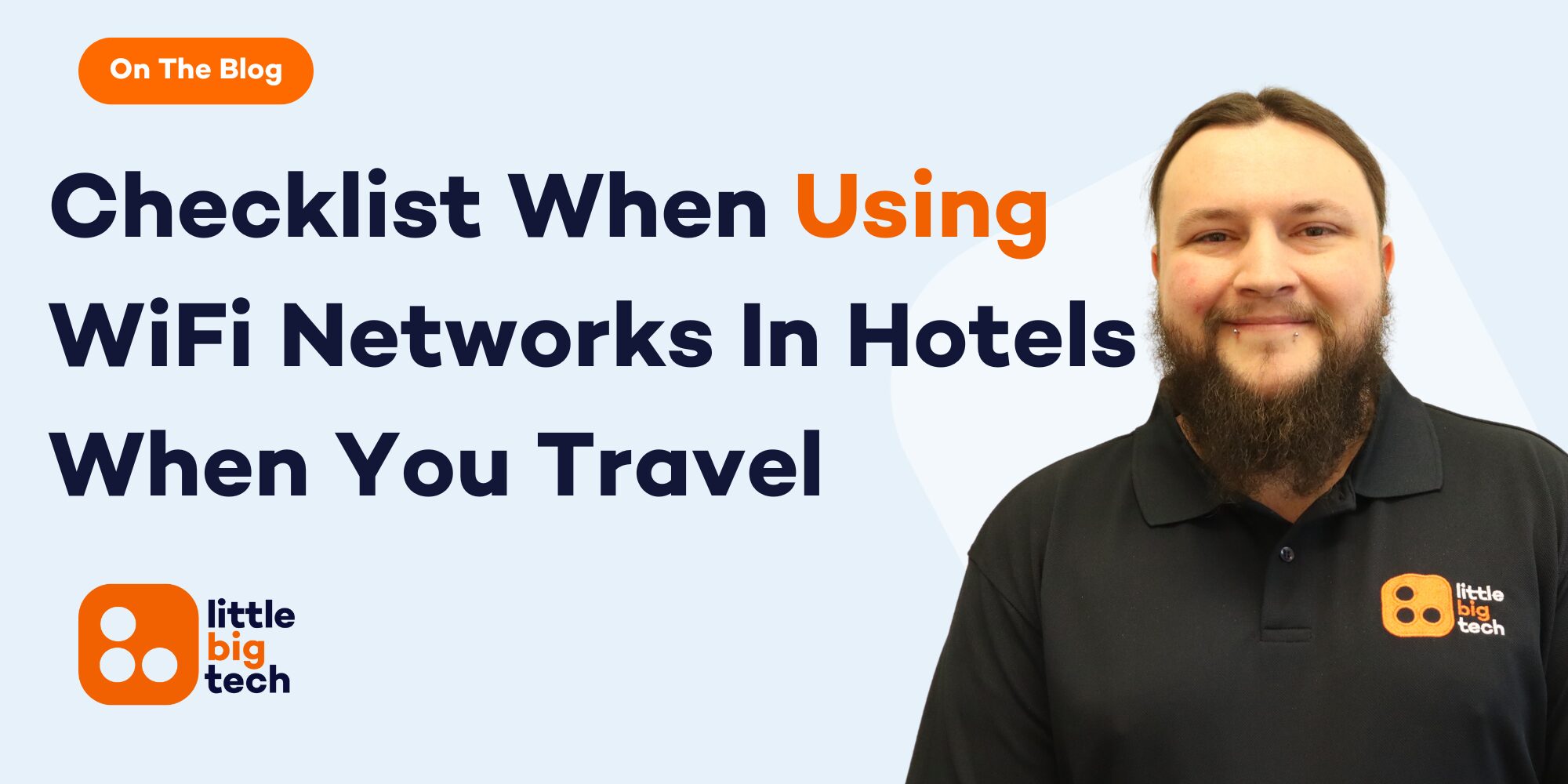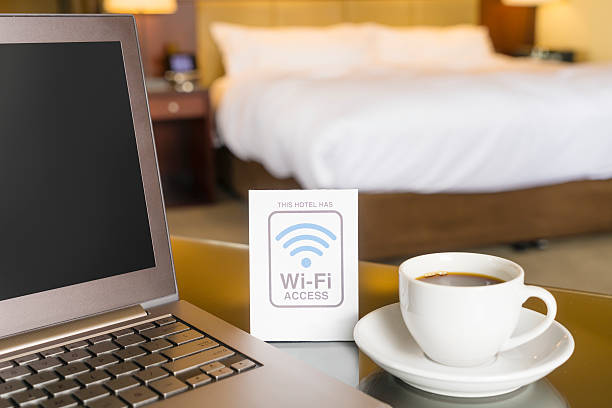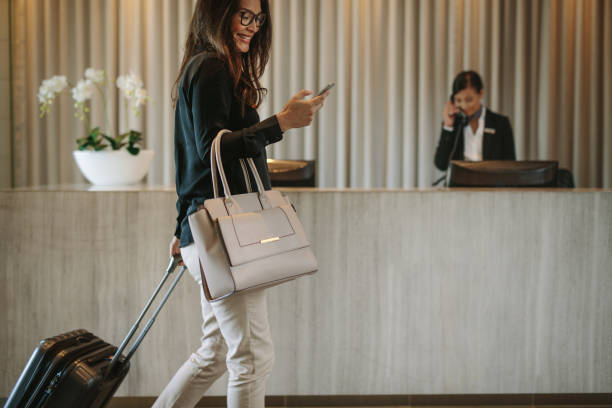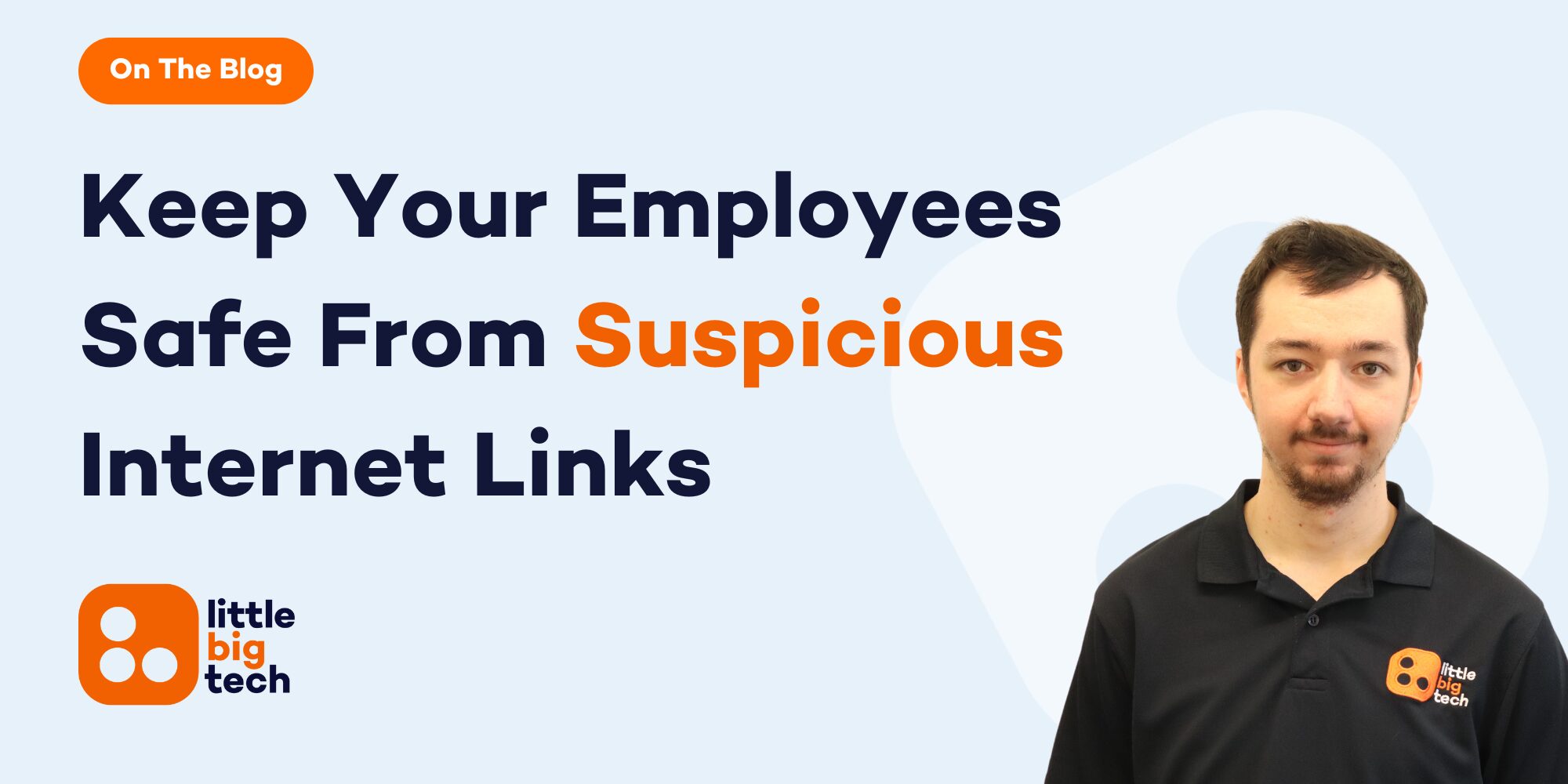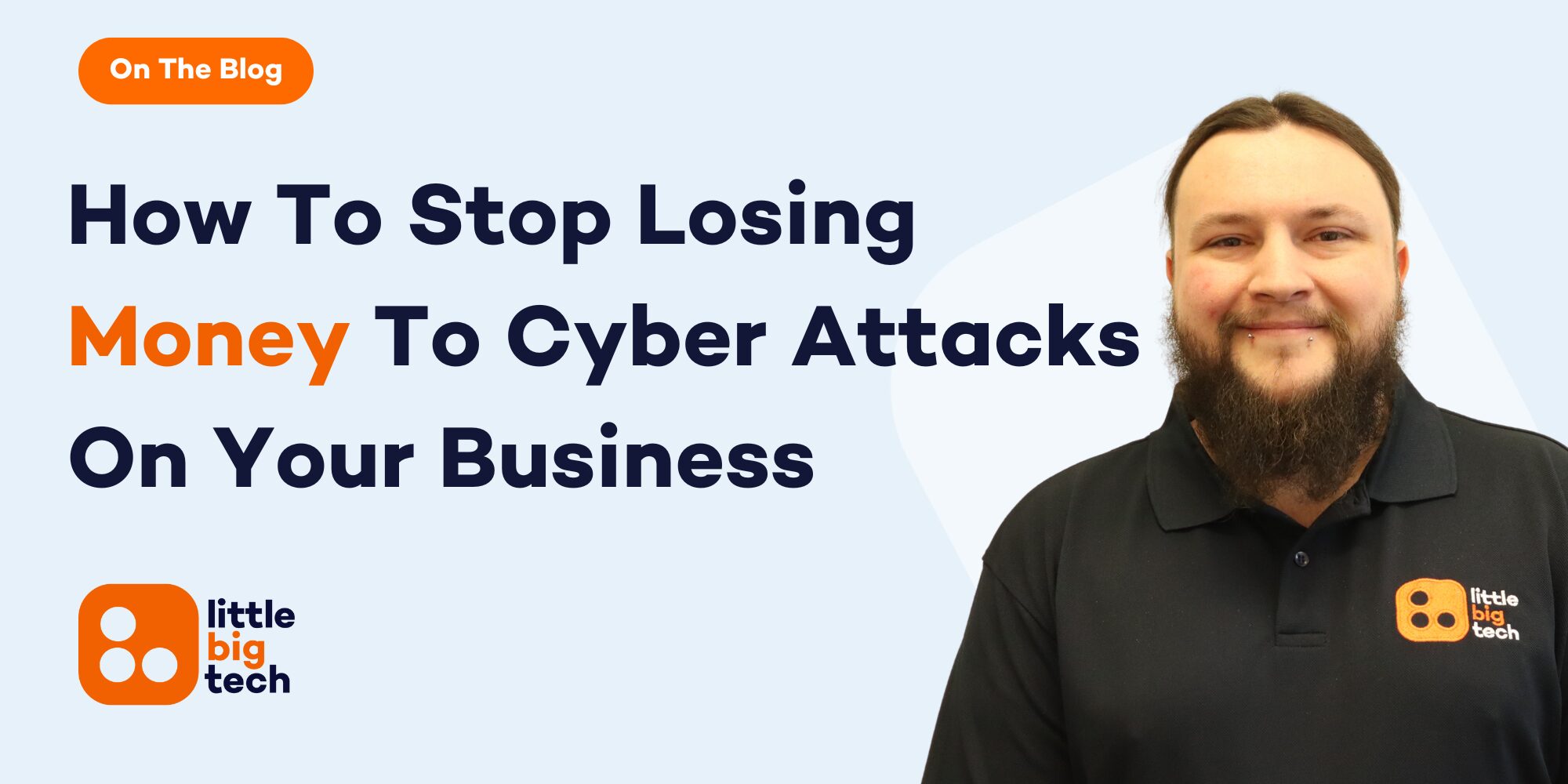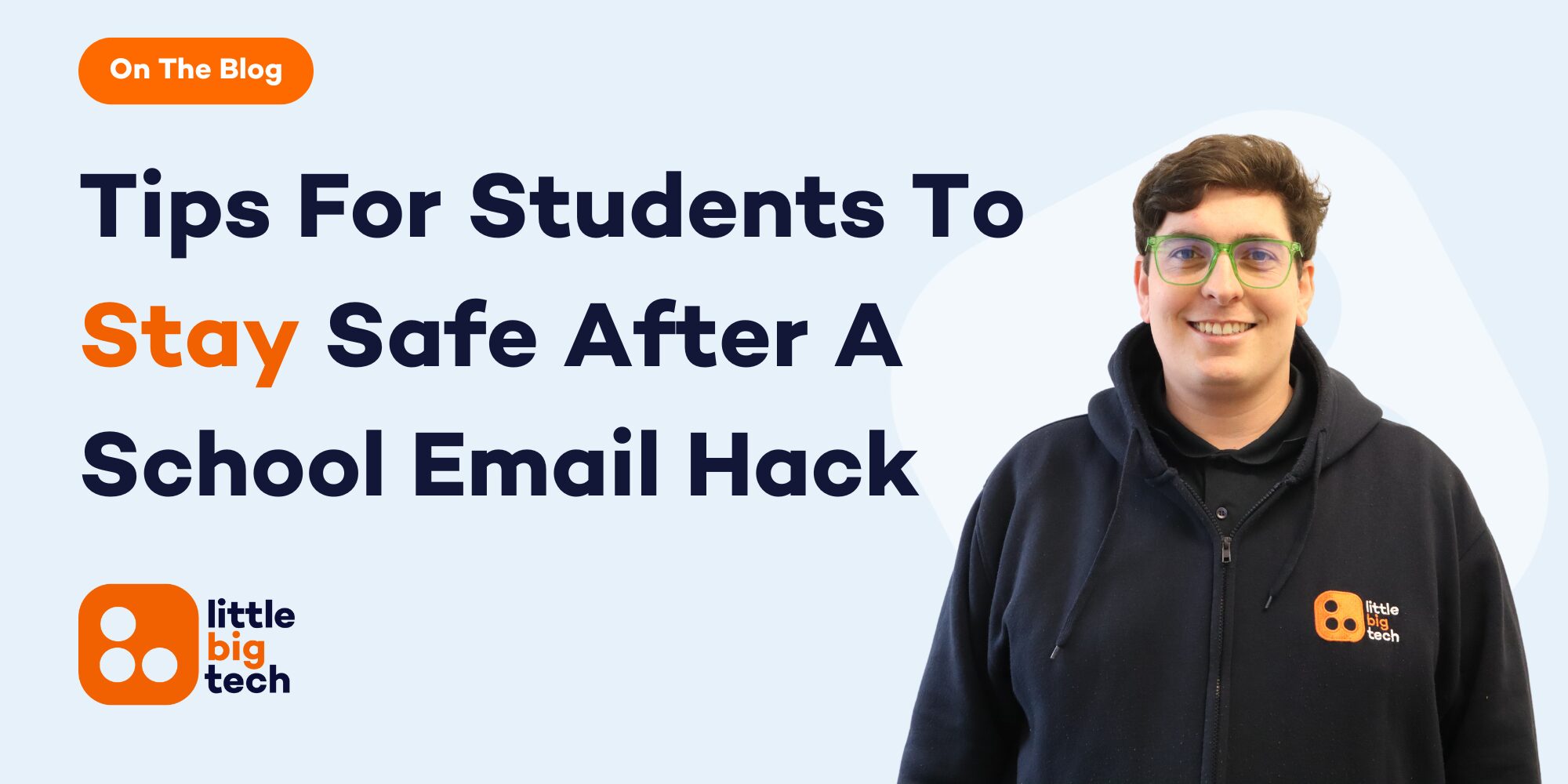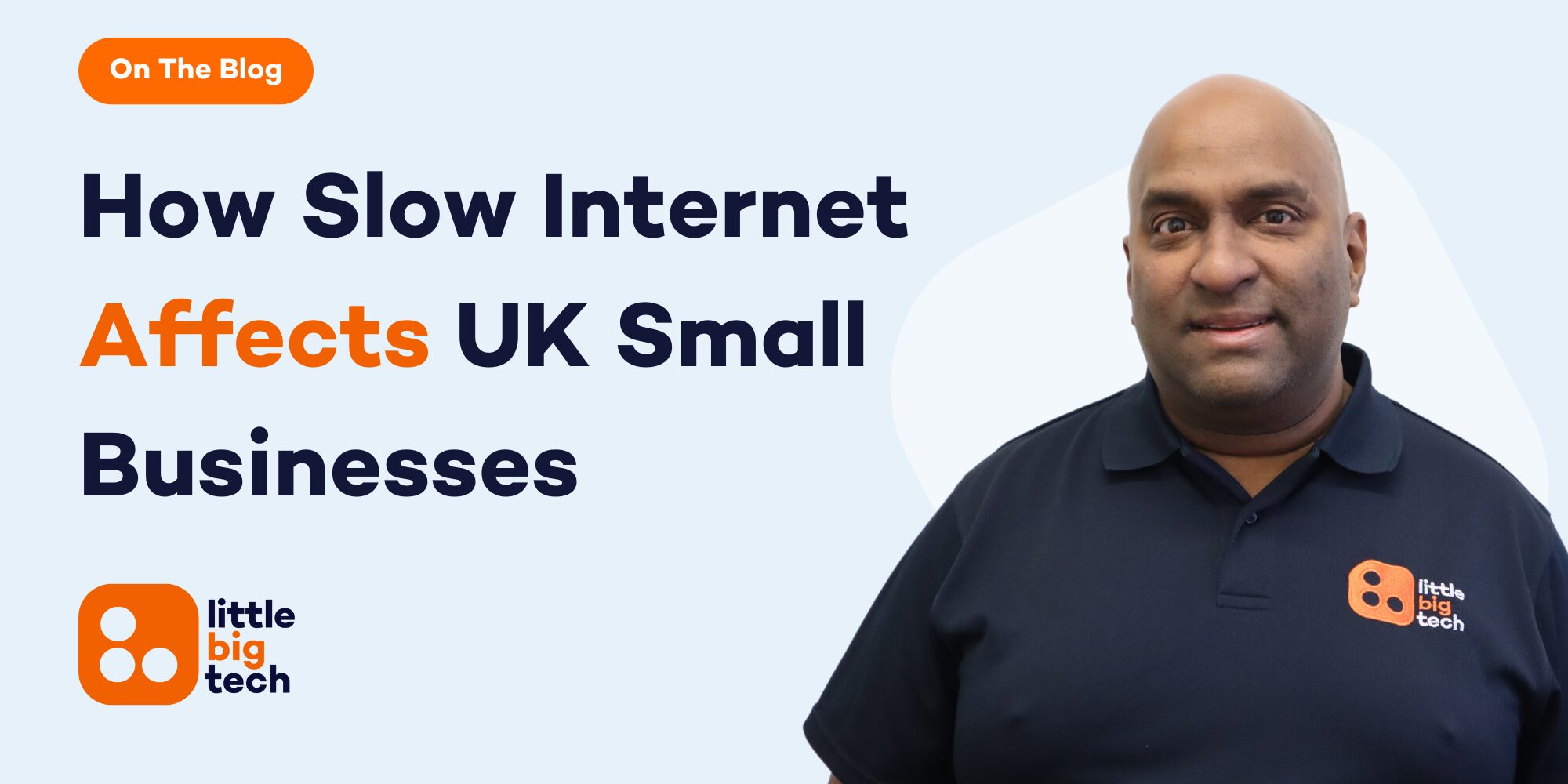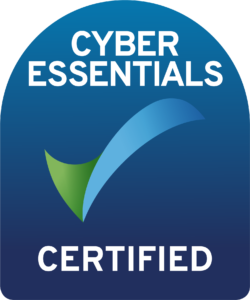Using Unsecured WiFi In Hotels is one of the fastest ways to expose your private data. Most hotel guests don’t realise how easy it is for hackers to snoop on emails, steal login details or even access bank information just because they connected to public hotel WiFi without any safety checks. If you’ve ever joined a free hotel network, you could already be vulnerable.
This article offers the ultimate checklist for what to do before and after using unsecured hotel WiFi, making sure your personal and work data stays protected. Whether you’re travelling for business or relaxing on holiday, connecting to hotel WiFi is now second nature. But very few people stop to ask how safe it really is. The answer? It’s usually not.
Most unsecured hotel WiFi networks are open to everyone. This means they often lack basic encryption and allow bad actors to set up fake hotspots that look just like the real thing. One quick click and someone could be watching your screen from the room next door. That’s why this guide matters.
You’ll learn clear, step-by-step tips on how to spot red flags, what habits to avoid, and what tools to use before logging into sensitive accounts while travelling. We’ll also help you understand the real risks and what to look out for if you think your device has been compromised.
Don’t risk your private data on an open hotel network. With the right steps, you can stay connected without putting your emails, banking apps or business files in danger.
How Unsecured WiFi In Hotels Exposes You To Cyber Threats
Unsecured WiFi within hotels might seem like a convenience, but it’s a known gateway for cyber attacks. Once connected, you’re sharing a digital space with strangers—and some of them may not be just fellow travellers. Here’s how these risks unfold in real-life settings.
Man-in-the-middle attacks: This is one of the most common threats. When you connect to unsecured WiFi, hackers can quietly position themselves between you and the connection point. That means any data sent—like your emails, login credentials or card numbers—can be intercepted without you even knowing.
Fake hotel networks: You walk into the hotel, see a network called “FreeHotelWiFi” and connect. Seems normal, right? Except it might be a rogue hotspot set up by an attacker sitting in the lobby. These networks mimic legitimate ones and trick people into handing over their details. Once connected, any data you use or share is theirs to see.
Unencrypted communication: Even if the network is genuine, hotel WiFi often lacks strong encryption. This means your device is open to anyone else on the same network. A hacker using freely available tools can scan the network and monitor your activity in real time.
Data sniffing and session hijacking: With the right tools, hackers can “sniff” out sensitive information from the traffic on a public network. This includes personal logins, saved passwords, and even session tokens, which let them access your accounts without needing your password.
Your device becomes the target: Unsecured WiFi doesn’t just risk your data. It can also invite malware. A hacker can inject viruses or tracking software while you’re browsing, giving them long-term access to your device—even after you leave the hotel.
These are not scare tactics. These are standard practices by cybercriminals who prey on public networks. If you ever assumed hotel WiFi was safe because you’re inside a respected brand or because there’s a room key required for access, this should serve as a reality check. It’s time to treat every open network like a potential risk unless you know how to protect yourself.
The Dangers Of Using Public WiFi With Work Devices
Using public WiFi with work devices can open the floodgates to serious risks. It’s not just your files that are exposed. It’s your clients, company reputation, and legal compliance too. Here’s how one careless tap on an unsecured hotel WiFi can create a wave of problems.
Stolen client data: Work laptops and phones often hold sensitive client files, login details and internal communications. When connected to open hotel WiFi, hackers can snoop or even copy that data. If it includes customer information, the fallout can include lost trust, data breaches, or even lawsuits.
GDPR and compliance issues: For UK businesses, the rules on personal data are strict. If staff use unsecured hotel networks and personal data leaks, you could face serious fines under GDPR. Worse still, your reputation as a secure and trustworthy business takes a hit.
Fake logins and phishing traps: Cybercriminals often create fake pop-ups asking you to “log in again” while you’re on hotel WiFi. A staff member might see this on their work device and innocently enter company credentials—handing them over directly to a scammer.
Remote access made risky: Staff working remotely from hotels often log in to business dashboards, project tools, or email servers. Doing this without a VPN can expose all those logins and activities to attackers. It’s like giving a stranger a key to your office.
Device takeover through malware: Once connected to public WiFi, attackers can scan for open ports on your device. From there, they might install tracking tools or malware, which stay active long after you disconnect. This means even when your staff return to the office, the breach continues silently.
The reality is, businesses don’t always realise how one moment of convenience—using hotel WiFi to catch up on emails—can cost them dearly. Prevention starts with education and the right IT support in place.
These risks aren’t new, and neither are the ways to stop them. If you haven’t already explored the benefits of proper IT configuration and endpoint protection, now’s the time to prioritise it. Getting it right behind the scenes means you don’t suffer when your team’s working in the wild.
Signs Your Device Might Be Compromised After Using Public WiFi
A quick connection to hotel WiFi can leave your device exposed without you even realising. If you’ve recently used a public network and things feel off, here are signs that your phone, tablet or laptop may have been compromised.
1. Slow performance that wasn’t there before: Your apps may take longer to open, pages freeze more often, or your device restarts on its own. This can mean harmful software is running in the background and using up your system’s power.
2. Strange apps or files you don’t remember downloading: Malware and spyware often install quietly. If new icons appear on your home screen or your files are rearranged, it’s time to check for intruders.
3. Battery draining too fast: If your battery suddenly doesn’t last as long, even after light use, it could be because hidden apps are running without your knowledge.
4. Your data usage has gone up: Even when you aren’t using it much, your phone or laptop may be sending or receiving files without your permission. This can include your messages, photos or personal documents.
5. Annoying pop-ups or website redirects: Seeing ads pop up more often, or being taken to strange websites when clicking normally, might mean adware has made its way in.
6. Settings have changed without your input: Things like your browser homepage, WiFi preferences, or even keyboard behaviour may shift on their own. This suggests someone else may be controlling or modifying your system remotely.
7. Typing delays or double entries: Some attackers use keyloggers to track what you type. If your keyboard feels laggy, or if letters are showing up more than once, be cautious.
What to do next:
If you notice any of these signs, turn off your internet connection straight away. Run a full antivirus scan and avoid using sensitive apps like online banking. If it’s a company device, alert your IT team. Getting help early can stop a bad situation from getting worse.
How To Stay Safe On Public WiFi Without Switching Off Completely
Public WiFi is handy, especially when you’re in hotels or on the go. But you don’t have to avoid it completely to stay protected. You just need the right habits. Below are smart ways to use public networks while keeping your devices and data safe.
Turn off automatic connections: Many devices are set to join open networks without asking. Go to your settings and disable auto-connect. This stops your phone or laptop from jumping onto a risky network without your knowledge.
Avoid personal or sensitive tasks: Don’t check your online banking, send private work files, or log into important accounts when using public WiFi. Save those tasks for when you’re on a secure network.
Use a VPN (Virtual Private Network): A VPN adds a safety layer that keeps hackers out. It hides your data and makes it harder for anyone to spy on what you’re doing online. Many VPN apps are easy to install and use, even for beginners.
Enable two-factor authentication: If someone gets hold of your passwords, this second step can stop them. With two-factor authentication, you get a text or app code each time you log in. It’s one of the easiest ways to block intruders.
Only visit secure websites: Always check that the web address starts with “https” before entering any info. The “s” means secure. If it’s just “http”, skip it. These unsecured pages can let hackers see everything you type.
Use your phone’s data for sensitive tasks: When in doubt, switch to mobile data for anything important. It’s often safer than hotel WiFi, especially for work logins or payments.
Log out when done: If you must log into websites while using public WiFi or unsecured WiFi in hotels, always log out when you finish. Staying logged in gives hackers more time to sneak in behind you.
Update your device and apps: Keep your software up to date. Updates often include fixes for security holes that hackers could otherwise use.
Forget the network after use: Once you’re done, go to your settings and tell your device to forget the network. This helps you avoid reconnecting to the same public WiFi by mistake in future.
Stop Worrying About Unsecured WiFi In Hotels – We’ve Got You Covered
We know the risks of unsecured WiFi within hotels can be stressful, especially when you’re trying to relax or focus on work while travelling. From hackers stealing your private data to fake hotspots tricking you into connecting, the dangers are real. But the good news is, you don’t have to handle it all on your own.
At Little Big Tech, we make digital safety simple for everyday users and busy professionals. Whether you need protection for your personal devices or your whole team, we offer security tools, expert advice, and real support – not just instructions on a screen. We help you avoid those common slip-ups and make sure your systems are set up to defend you in the background, wherever you connect.
Our IT support is tailored to what you actually need no confusing setups or expensive extras. Just proper monitoring, protection, and quick fixes if anything ever goes wrong. You’ll have peace of mind knowing your phone, laptop or office equipment isn’t left wide open every time you use hotel WiFi.
So, if you’ve ever worried about clicking the wrong link, joining the wrong network or being watched online, it’s time to stop guessing and get proper help.

